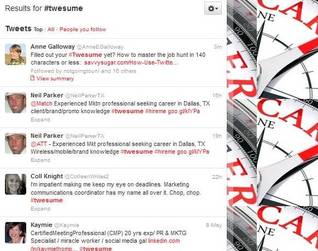 Results for search of #twesume on Twitter
Results for search of #twesume on Twitter By posting your skills and availability on Twitter and including the hashtag #twesume, you may just attract employers and recruiters. Basically, you post a short tweet about your availability and your skills, include a link to your LinkedIn profile or your online CV. You can even link it to a short video on YouTube or a short clip on Vine. The options are endless.
You'll need to include the hashtag #twesume and, of course, you'll still need a strong CV and LinkedIn profile, but tweeting your resume certainly can't do any harm.
So log into Twitter today and check out #twesume.
And don't forget to let us know if you'd like some help compiling your CV or LinkedIn profile.
Good luck in your job search!
by Barbara Patrick
Professional CV Writer and Career Coach
Compelling CVs
Reading, Berkshire
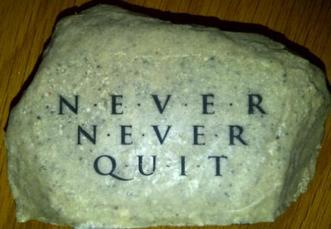

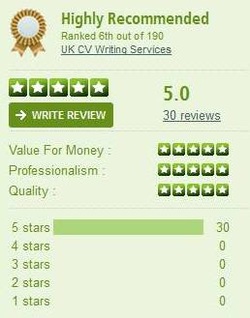




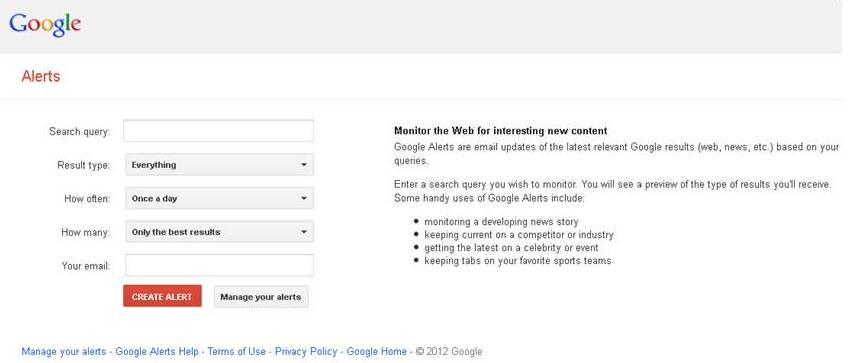

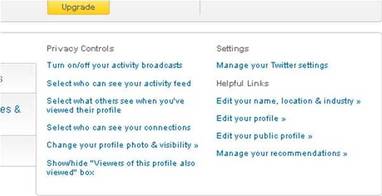







 RSS Feed
RSS Feed
